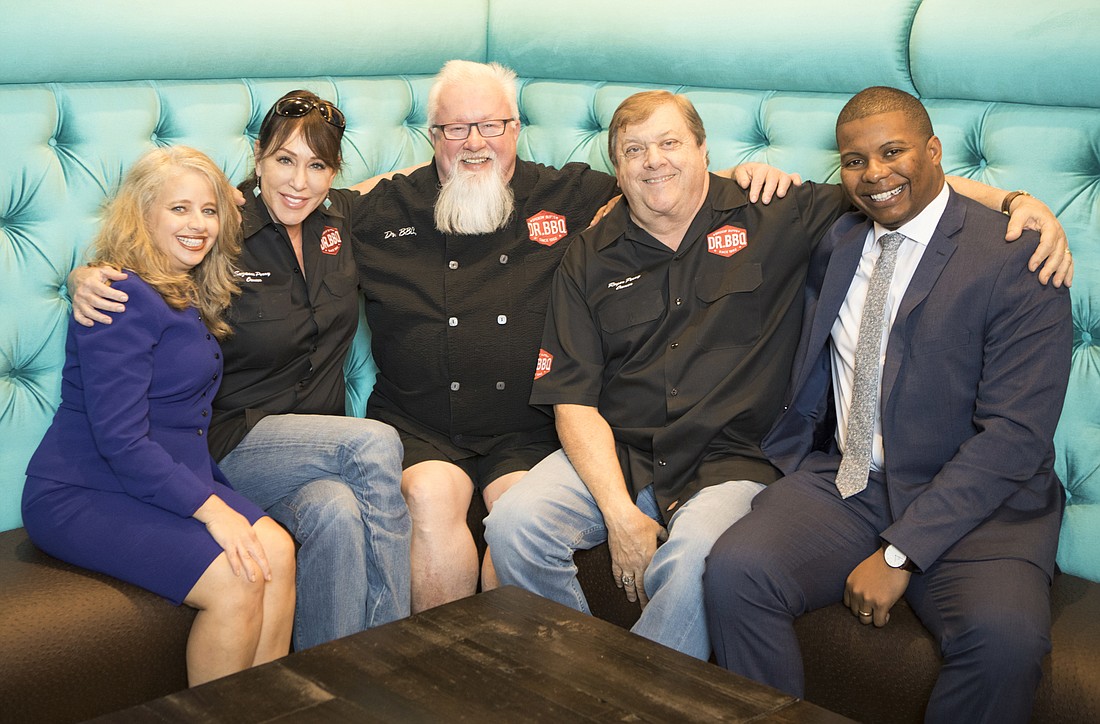- December 15, 2025
-
-
Loading

Loading

Americans love barbecue. Ribs, brisket, pulled pork — you’re never far from a smoke-filled barbecue joint. Dr. BBQ himself, Ray Lampe, says his favorite barbecue restaurant isn’t in a traditional mecca like Austin, Kansas City or Memphis, but in Brooklyn, proving the universal appeal of the cuisine.
“The restaurant industry tends to attract a lot of inexperienced restaurateurs who think it’s going to be an easy, lifestyle business.” Sterling Birdsong, SBA loan officer at Valley National Bank